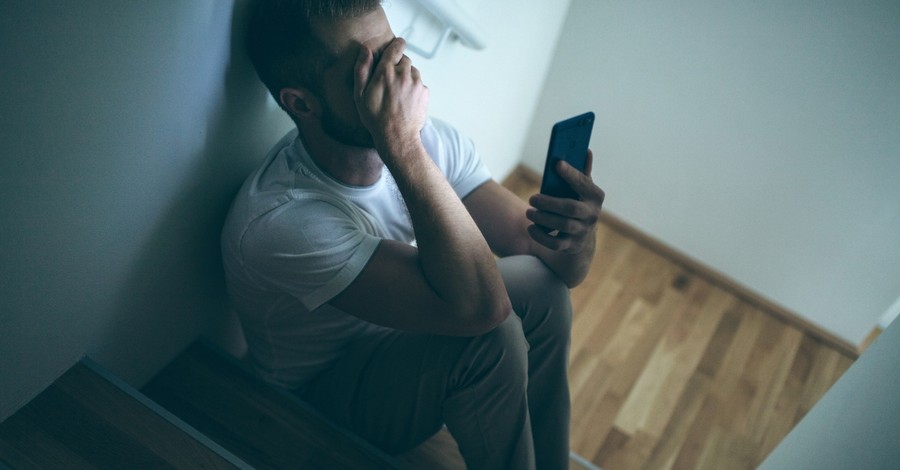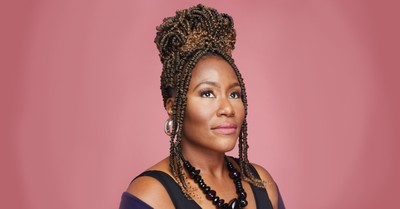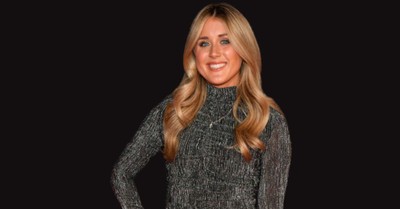
A recent study published in the Scandinavian Journal of Psychology last week found that "woke" people were less satisfied with their lives and were more prone to unhappiness, anxiety, and depression. The initial study included 851 adult participants, with a majority of them associated with the University of Turk, while the second included 5,030 Finnish citizens.
As reported by the New York Post, the study determined the "critical social justice attitude scale" through seven progressive truisms.
"If white people have, on average, a higher level of income than black people, it is because of racism."
"University reading lists should include fewer white or European authors."
"Microaggressions should be challenged often and actively."
"Trans* women who compete with women in sports are not helping women's rights." (reverse scored)
"We don't need to talk more about the color of people's skin."
"A white person cannot understand how a black person feels equally well as another black person."
"A member of a privileged group can adopt features or cultural elements of a less privileged group." (reverse scored)
"The gender divide was probably most surprising to me. Three out of five women view 'woke' ideas positively, but only one out of seven men. This was the case in Finland, at least," Study author Oskari Lahtinen, a senior researcher at the INVEST Research Flagship Centre at the University of Turku, told PsyPost.
The study also found that female participants were considered more "woke" than their male counterparts.
"Overall, male support for scale items was much lower than female," the study noted. According to the research, women "expressed more than twice as much support" of the social justice ideologies.
"Regarding the extent to which select study subpopulations accepted, felt neutral about, or rejected scale items, people with 'other' gender, Left Alliance voters, Green Party voters, and female social science students accepted most scale propositions. Men and male medicine students rejected all but one scale item, and male humanities students and Finnish voters rejected all scale items."
The study also found that people adhering to woke ideologies suffered 67.9 percent higher for anxiety, 32.5 percent higher for depression, and 4.5 percent higher for unhappiness, The Blaze reported.
"I had been paying attention to a development in American universities, where a new discourse on social justice became prevalent in the 2010s," Lahtinen said.
"While critical social justice (or intersectional or 'woke') discourse draws mainly from dynamics within American society, it has now surfaced in other Western countries as well," he noted. "The arrival of a critical social justice (often called 'woke') discourse sparked much debate in Finnish media in the last couple of years."
"This debate was largely data-free, and it could thus be considered a worthwhile question to study how prevalent these attitudes are," Lahtinen said. "No reliable and valid instrument existed prior to the study to assess the extent and prevalence of these attitudes in different populations, so I set out to develop one."
"The studies were quite robust with a sample size above 5,000 and good psychometric properties. However, the scale would need to be validated in North American samples in order to know how these attitudes manifest there. I encourage colleagues in the United States to study the prevalence of these attitudes in the country where they originate from."
Photo Credit: ©iStock/Getty Images Plus/AND-ONE
Milton Quintanilla is a freelance writer and content creator. He is a contributing writer for CrosswalkHeadlines and the host of the For Your Soul Podcast, a podcast devoted to sound doctrine and biblical truth. He holds a Masters of Divinity from Alliance Theological Seminary.










